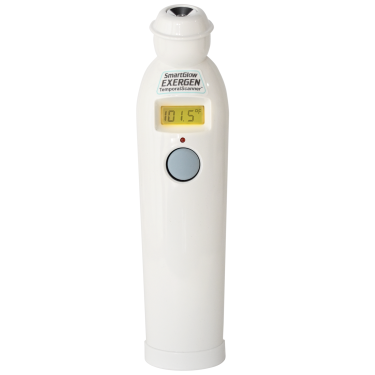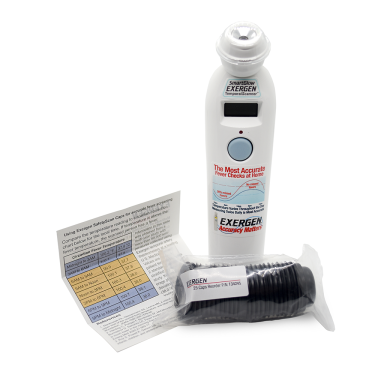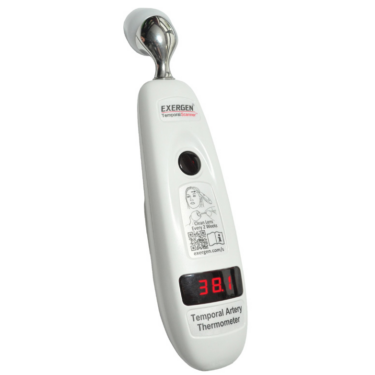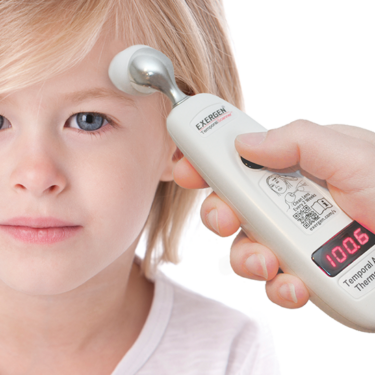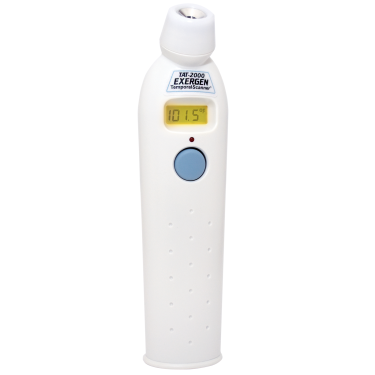Summer is associated with beach days, barbecues, and family vacations. However just because temperatures rise, the sun is shining and school is not in session does not mean illnesses take a break. In fact, summer has its own illnesses, these range from fevers to itchy rashes and painful ears.
Here is an overview of the summertime illnesses including what they are, the symptoms, and when it’s time to call the doctor.
Summer Flu Virus
Unlike the typical winter flu, the summer flu includes a high fever, headaches, sore throat, and body aches and sometimes without a cough or congestion.
Symptoms include:
- Fever up to 104°F / 40°C
- Headaches
- Sore throat
- Muscle aches
- Occasional vomiting
Most cases run their course in 2–5 days and do not require antibiotics. It is important to monitor how your child acts when the fever comes down. If they perk up, it’s likely a viral illness. However, if your child remains lethargic or symptoms worsen, it’s time to call the doctor, especially if there’s vomiting or neck pain involved.
Viral Meningitis
Viral meningitis is a rare but serious summer illness. It occurs when a virus spreads to the brain or spinal cord lining.
Symptoms include:
- High fever typically over 103°F / 39.4°C
- Severe headache
- Neck stiffness (particularly pain in the back of the neck)
- Persistent vomiting
- Light sensitivity (photophobia)
If a child has all five symptoms, they should be taken to the emergency room immediately.
Diarrhea
Summertime diarrhea is common and usually viral, meaning it won’t respond to antibiotics. It can be linked to contaminated food or water, or due to increased outdoor activity and exposure.
Symptoms include:
- Loose or watery stools
- Mild cramping
- Dehydration signs (dry mouth, low urine output)
Keep your child hydrated and use electrolyte solutions if needed. If diarrhea lasts more than a few days or is accompanied by high fever, bloody stool, or signs of dehydration, seek medical attention.
Contact Rashes
Poison ivy, sumac, and other irritants are common in summer as kids spend more time outdoors.
Two common types of contact rashes and their symptoms:
- Allergic contact dermatitis: Red, itchy, raised bumps or patches, sometimes in a line.
- Irritant contact dermatitis: Small red pimples or patches spread widely across the body, often from new soaps, clothing, or pool chemicals.
Chlorinated pools and other summer environments can lead to red, irritated eyes without discharge or pain.
Symptoms include:
- Redness in the white of the eye
- No discharge or significant discomfort
Flush with saline drops and avoid further irritation. If symptoms include discharge, pain, or crusting, it might be pink eye, and a doctor’s visit is recommended.
This is an infection of the outer ear canal caused by trapped water after swimming, especially in lakes or oceans.
Symptoms include:
- Ear pain when pulling or pushing on the outer ear
- Pus or drainage
- Pain with chewing or swallowing
If you suspect it is swimmer’s ear, call the doctor. They may prescribe antibiotic ear drops.
Sunburn
Sunburn is a classic summer issue. It may seem minor, however sunburn in children can be serious if not managed well.
Symptoms include:
The following are common symptoms of sunburn:
- Redness
- Swelling of the skin
- Pain
- Blisters
- Fever
- Chills
- Weakness, confusion, or faintness
- Dry, itching, and peeling skin days after the burn
For mild sunburn, cool baths, aloe gel, and pain relievers like ibuprofen can help. Seek medical care if the blisters burn covers a large area or causes fever or extreme discomfort.
Since fever is one of the main symptoms for summer illnesses, regular temperature checks are important. When taking temperatures use a reliable thermometer like Exergen’s Temporal Artery thermometer that gives you a quick, non-invasive, accurate reading that is needed to make informed health decisions. By facilitating regular temperature checks, individuals can quickly identify potential fevers, a key indicator that medical attention is needed.
Summer is fun but brings health risks. By knowing the symptoms of common summer illnesses and when to seek help, parents can keep their kids safe, healthy, and ready to enjoy the season. This next blog of our Summer and Your Health Series will focus on natural disasters and how they fuel diseases like cholera and typhoid fever.
Sources,
- Cleveland Clinic, https://my.clevelandclinic.org/health/symptoms/17690-red-eye
- Health Line, https://www.healthline.com/health/summer-flu
- Johns Hopkins Medicine. https://www.hopkinsmedicine.org/health/conditions-and-diseases/sunburn
EXERGEN P/N 850460, REV 1
